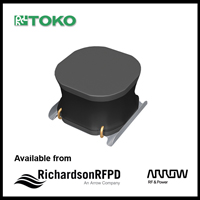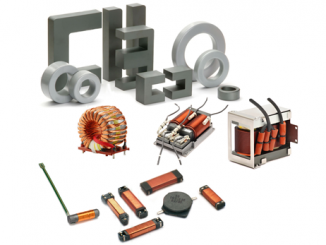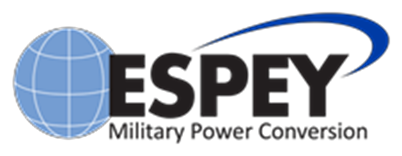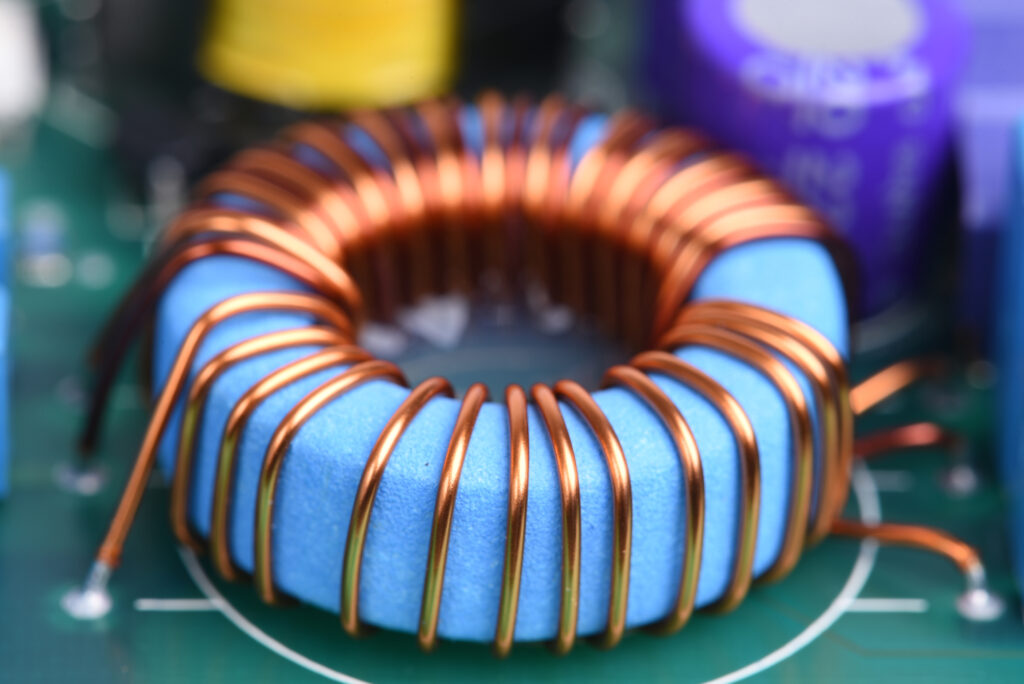
We live in a world driven by performance, and at the core of the systems, devices and networks we use are magnetic components. They are integral to critical services such as telecoms, industrial, military and aerospace, automotive, oil and gas, medical and renewable energy industries.
As electronic solutions become more sophisticated, there is more pressure on organisations and designers to find ways of maximising performance and optimising costs. Electronics cannot function without a power supply, and how that is built and managed directly impacts efficiency, reliability, safety and cost. We believe customization of magnetic components is one solution.
But what are custom magnetics, why are they a better option than off-the-shelf products, and why is working with a trusted development partner that can navigate a complex supply chain network so important?
Understanding Custom Magnetics
Increased expectations from users and evolving regulatory requirements are making it necessary for manufacturers to design and build products that are more reliable, safe, functional and efficient than ever. As a result, design teams must optimise critical components and tailor or modify them to ensure the best possible performance.
A custom magnetics component can be anything from Signal Transformers and Power Filter Inductors to Common Mode Chokes and LAN & xDSL Modules. Each piece is specifically designed to meet customer requirements. The aim is to provide innovative solutions in a timely and cost-effective manner.
In the world of magnetic components, precision is everything. Ensuring exact and timely manufacturing processes is critical to success. Customization allows manufacturers to work closely with their customers and select materials to optimise performance, durability and sustainability.
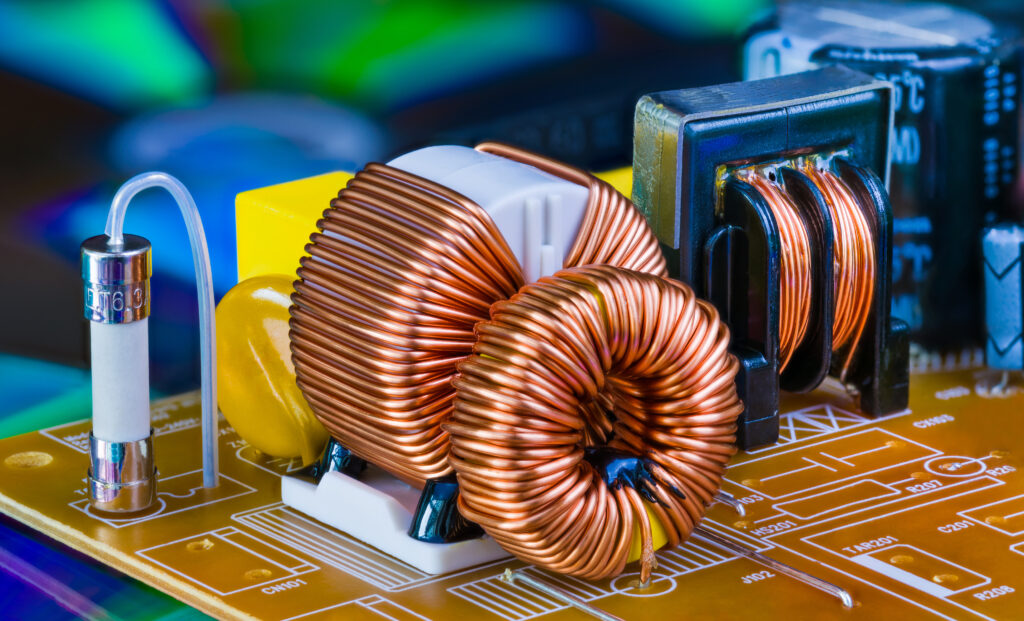
Don’t Settle for Off-the-Shelf Parts
Deciding whether to customize a component or go with an off-the-shelf option is a big decision, as it directly impacts the design, manufacturing and deployment process. Customization offers a degree of flexibility. For example, manufacturing customized inductors, transformers or chokes gives design teams direct control over their performance parameters, and senior leaders have a 360 degree view of the process, from design to implementation.
A common misconception about customization is that it only applies to small batch orders. People hear the phrase ‘mass production’ and immediately see it as a shortcoming that is only fit for off-the-shelf options. However, mass production is very much part of the customisation process. For example, with a robust supply chain network, components can be customised for any order, whether for five parts or five million parts. It offers the flexibility to meet demand.
Furthermore, customization means whether fulfilling a small batch order or scaling up production to meet surging demand, manufacturers can guarantee quality within the supply chain and pivot to meet ever-evolving market requirements.
The ability to tailor magnetic components to specific applications offers more creative freedom when developing products, and gives an advantage over those who limit themselves to blueprinted solutions. However, there are external factors to consider when deciding between customisation and off-the-shelf parts, such as the steady supply of materials to ensure manufacturers meet demand and customer deadlines.
Navigating Supply Chain Disruption
When it comes to customization, a robust supply chain network is imperative. It’s the backbone of the production process. Creating custom components requires manufacturers to source unique materials that must comply with specific quality standards and be delivered to meet tight deadlines. Meeting customer expectations is virtually impossible without a well-coordinated and resilient supply chain.
Non-conflict materials need to be standard practice and they should be sourced, produced or utilised without contributing to conflict, human rights abuses or environmental issues. However, in the current climate, sourcing these materials can be difficult. The Russia and Ukraine war and the Middle East conflict between Israel and Gaza have led to trade disputes and sanctions, which disrupt the flow of raw materials, leading to price volatility and supply chain disruption.
There is also increasing pressure on manufacturers to become more aware of sustainability goals, prompting organisations to reassess their material sourcing strategies. As consumers become more aware of environmental and social impacts, regulators demand greater responsibility throughout the supply chain. To address these challenges, organisations like ours have invested heavily in their manufacturing network, establishing a presence in several different locations across the globe. This approach enables us to ethically source materials from multiple areas, reducing our dependence on volatile regions.
Working with a trusted development partner is critical to understanding and navigating today’s geopolitical landscape. Customers want certainty in their decision-making and the peace of mind that disruptions to the supply chain network caused by conflict or regulatory issues won’t impact the delivery of parts. Diversifying supplier bases and production facilities minimises risk and ensures consistent quality and service in production.
Embracing the Future of Magnetic Component Manufacturing
Customization enables organisations to embrace the future of electronics and component design. It offers flexibility, efficiency, sustainability, and a competitive advantage in a crowded market. It empowers design teams to create components from the ground up and meet the needs of today’s performance-driven applications by leveraging the latest technologies and solutions.
Working with a dedicated development partner who has a proven track record and robust supply chain network will help navigate a complex geopolitical landscape and deliver cutting-edge solutions. Don’t settle for off-the-shelf components. Embrace the future of magnetics manufacturing and choose customization.
By Scott Robinson, General Manager at ETAL Group Pvt Ltd

About ETAL Group
Originally founded in 1968, ETAL Group is a leading supplier of in-house developed high-performance magnetic components, primarily transformers and inductors. ETAL Group conducts operations in Sweden, UK, Sri Lanka, Estonia, China and Malaysia and through distribution partners in an additional 20 or so countries. Production takes place at the company’s own facilities in Sri Lanka and Estonia as well as through production partners in Asia. See www.etalgroup.com.

